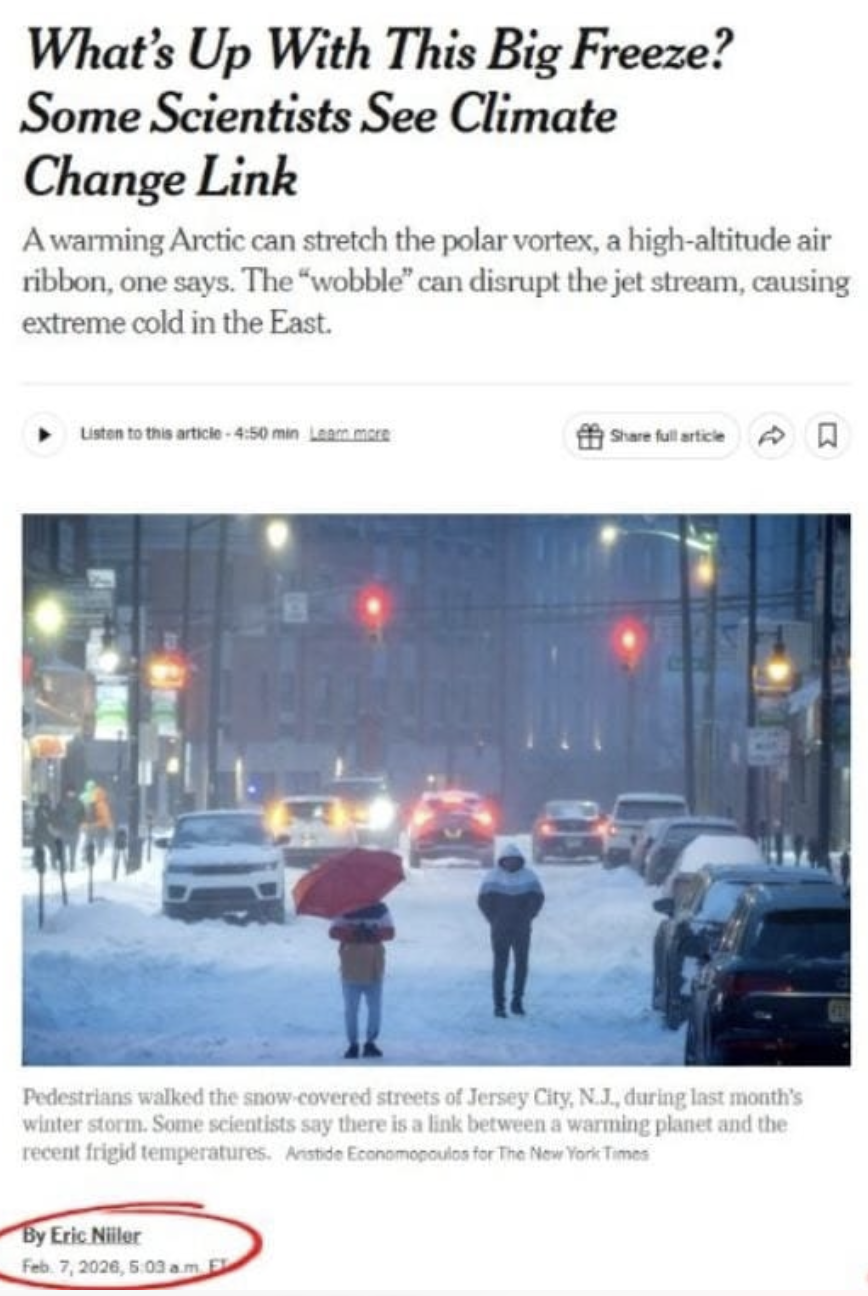End Of The Endangerment Finding: Will "Net Zero" Ever Get Back On Track In The U.S.?
/This morning, EPA released the official Federal Register version of its Rescission of the Greenhouse Gas Endangerment Finding as to motor vehicles. The Federal Register cite is 91 F.R. 7686. This official version of the Rescission, in printed, single-spaced and triple column format, is only 111 pages, versus the 436 pages the previous preliminary version; however, the text appears to be substantially unchanged.
It only took literal minutes for the first lawsuit challenging the Rescission to get filed. Here, via the website of the Union of Concerned Scientists, is a copy of a Petition that they say was filed today on behalf of a large group of environmental and “health” organizations.
Without doubt, among this large group of Petitioners and others in the climate and environmental Left, many people have been working feverishly to come up with the magic litigation strategy to get their beloved Endangerment Finding reinstated and then, they hope, to get their government-mandated national “net zero” energy transformation back on track.
But is there any litigation strategy that can actually accomplish those goals?
